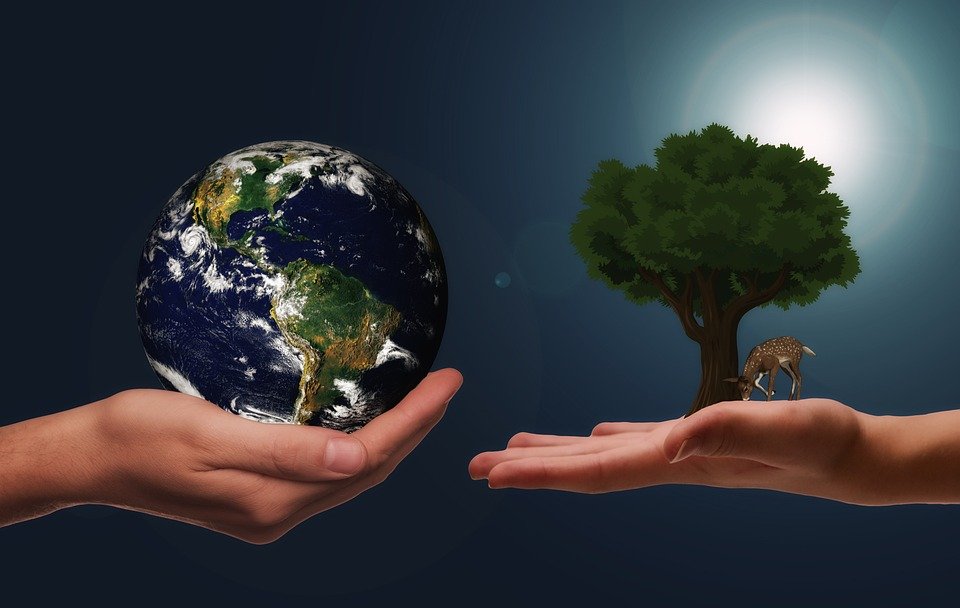Time, Space, and Cause: Examining the Intricate Relationship
Introduction
Time, space, and cause are fundamental concepts that shape our understanding of the world and our place within it. These concepts are interconnected and influence each other in intricate ways. In this article, we will delve into the relationship between time, space, and cause, exploring their definitions, interdependencies, and philosophical implications.
Defining Time, Space, and Cause
Time
Time is a concept that helps us organize and measure the sequence of events. It is often thought of as a linear progression from past to future. Time can be experienced subjectively and objectively, and its measurement varies across different cultures and scientific disciplines.
Space
Space refers to the three-dimensional extent in which objects and events occur. It provides the framework for physical existence and allows for the coexistence of different entities. Space can be conceptualized as either absolute or relative, and its understanding has evolved throughout human history.
Cause
Cause refers to the reason or motive behind an event or action. It represents the relationship between events, where one event leads to another. Cause and effect are crucial elements in scientific inquiry, as they allow us to understand and predict phenomena by identifying the factors that bring about certain outcomes.
The Interplay between Time, Space, and Cause
Time, space, and cause are deeply intertwined and influence each other in various ways:
Time and Space
Time and space are inseparable. The concept of time requires the existence of space for events to occur and be measured. Similarly, space relies on time for the position and movement of objects to be observed and understood. Einstein’s theory of relativity further established the interdependence of time and space, suggesting that they form a unified entity known as spacetime.
Cause and Time
Cause and effect are inherently temporal. The cause precedes the effect, and this temporal relationship is crucial in understanding causality. The concept of causality allows us to make sense of the world by identifying the factors that contribute to specific outcomes. However, the nature of causality is complex and has been a subject of debate among philosophers and scientists.
Cause and Space
Cause and space are intricately linked as well. Events occur within a spatial context, and the relationship between cause and effect can be influenced by the spatial arrangement of objects. For example, the collision of two billiard balls depends on their position and the forces acting upon them, which are determined by spatial factors.
Philosophical Implications
The relationship between time, space, and cause has significant philosophical implications, challenging our understanding of reality and our place within it:
Metaphysics
The interplay between time, space, and cause raises profound questions about the nature of reality. Philosophers have contemplated whether time and space are fundamental aspects of the universe or merely human constructs. The examination of causality also leads to inquiries about the nature of free will and determinism.
Epistemology
Our understanding of time, space, and cause shapes our knowledge and perception of the world. The study of these concepts has influenced the development of scientific theories, such as Newtonian physics and Einstein’s theory of relativity. These theories, in turn, have revolutionized our comprehension of the universe and our ability to explain and predict natural phenomena.
FAQs
Q: Are time and space absolute or relative?
A: The understanding of time and space has evolved throughout history. Classical physics regarded time and space as absolute, separate entities. However, Einstein’s theory of relativity demonstrated that time and space are relative and interconnected.
Q: How does cause and effect relate to scientific inquiry?
A: Cause and effect are essential in scientific inquiry as they allow us to understand and predict phenomena. By identifying the causes that lead to specific effects, scientists can formulate theories and develop explanations for natural processes.
Q: Can causality exist without time and space?
A: Causality relies on the temporal relationship between events. Without time, causality loses its meaning as there would be no sequence of events. Similarly, space provides the context for cause and effect relationships to occur.
Q: How do time, space, and cause influence our perception of reality?
A: Time, space, and cause shape our understanding of reality by providing a framework for organizing and interpreting our experiences. They influence our perception of the world and our ability to make sense of the events and phenomena that occur within it.
Q: What are some ongoing debates surrounding the relationship between time, space, and cause?
A: The nature of causality and its relationship to time and space remains a topic of philosophical and scientific inquiry. Additionally, the concept of time travel and its implications for causality and the nature of reality continue to spark debate and speculation.

